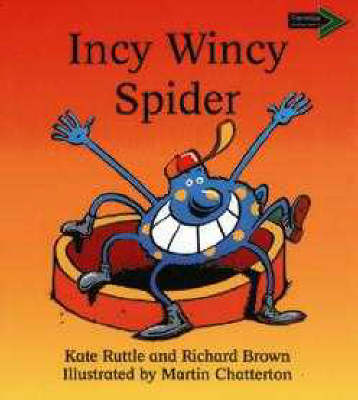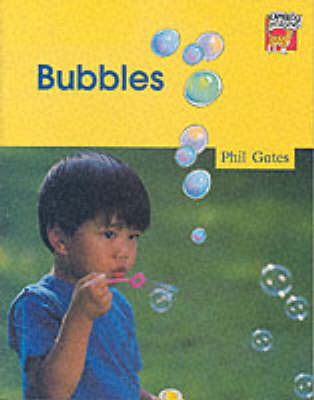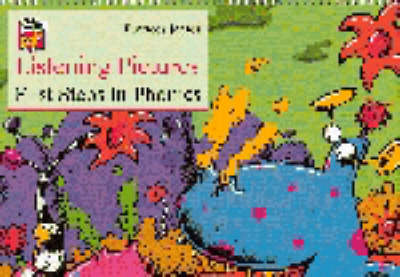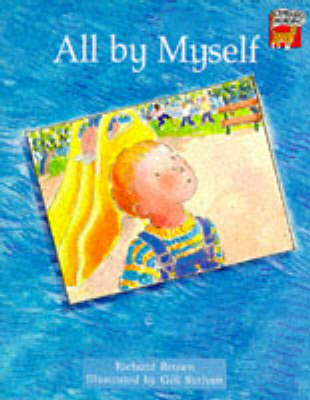Cambridge Reading
229 total works
Towards Independence Adoption pack
by Richard Brown, Kate Ruttle, and Jean Glasberg
The Runaway Chapati Children's book pack of 24
by Gill Budgell and Kate Ruttle
Beginning to Read: Sight Vocabulary Non-Fiction Strand Pack
by Sarah Fleming, Gill Munton, Claire Llewellyn, and Gill Budgell




